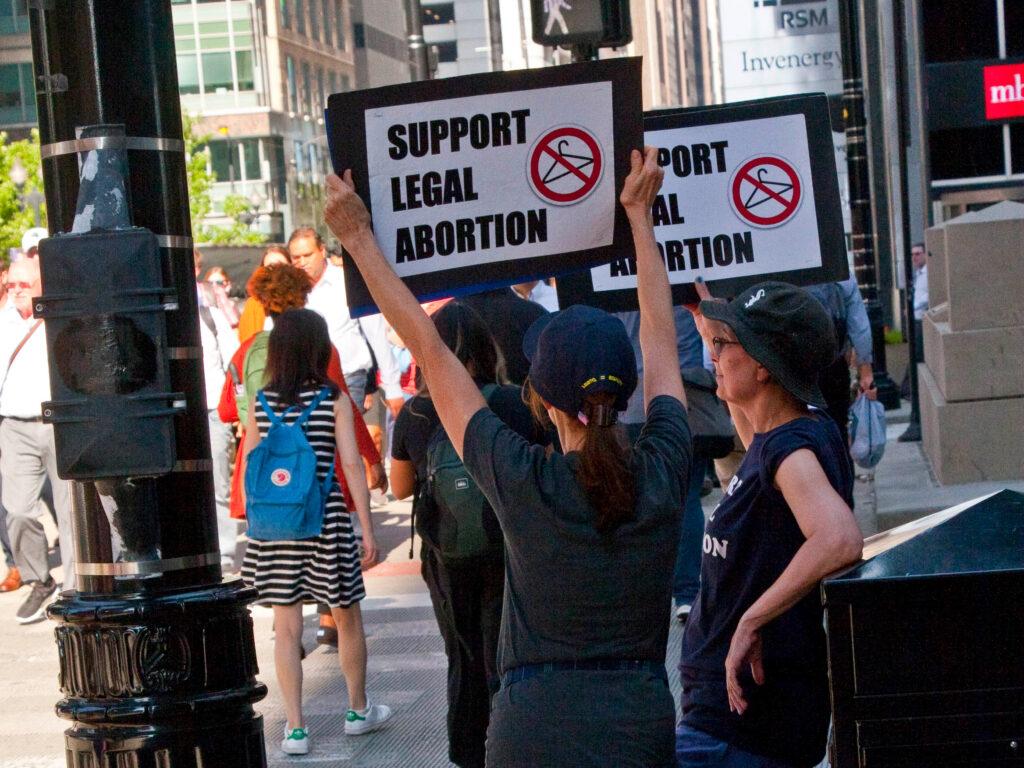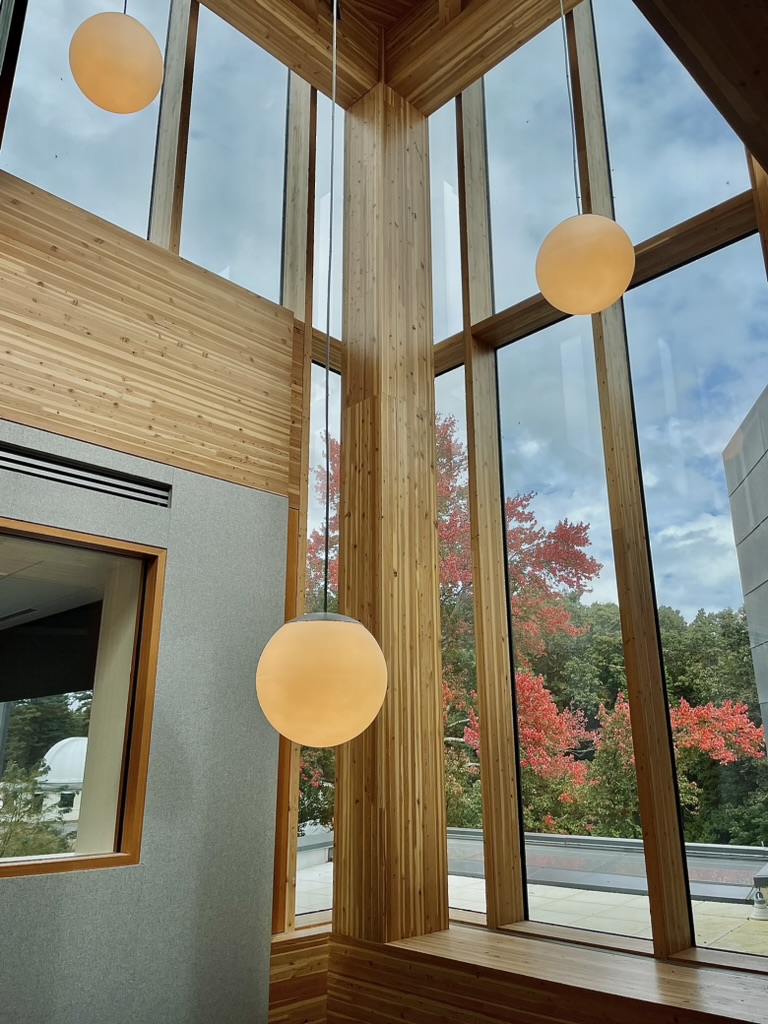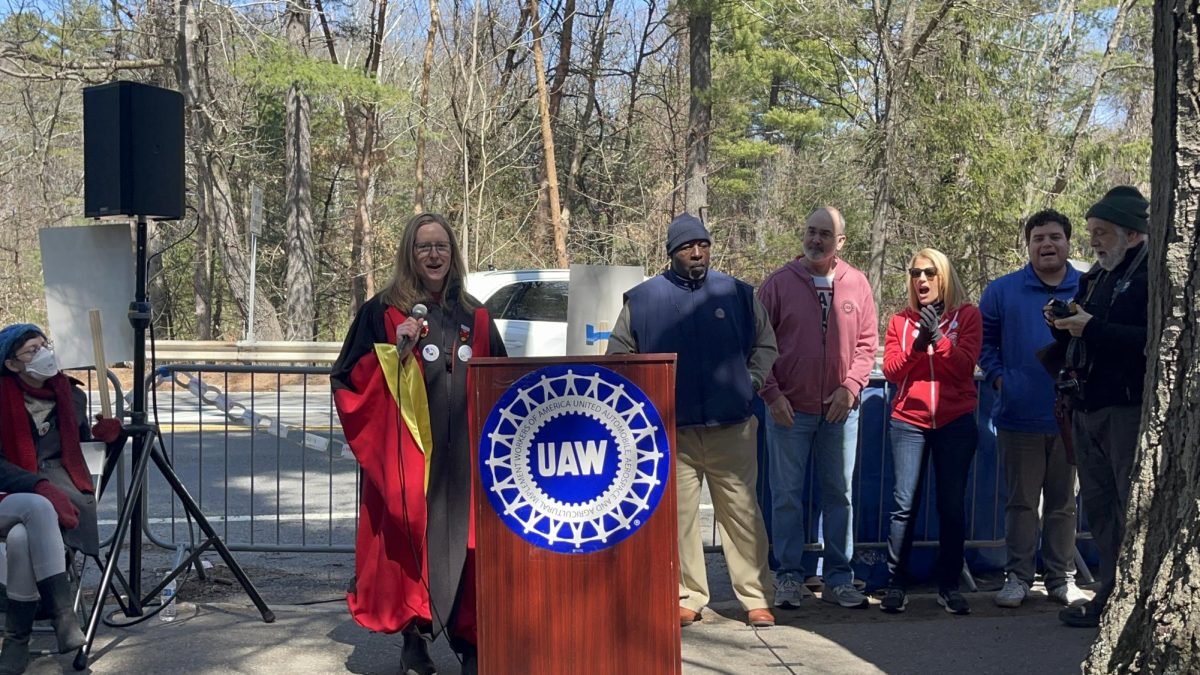With Texas’ decision to end the statewide mask mandate and other preventative measures against the coronavirus, the Texas Legislature’s six-week abortion ban has deepened controversy within the state and across the country. Audrey Higley ’25, from Austin, TX, felt that the abortion ban approval was not a surprising development for the state.
“Historically, this decision is not surprising because Texas has always been a state that does not allow more liberal decisions to go through. The general cultural mindset in the state has always been more rough and tumble,” Higley said. “It is unfortunate that a number of Texans seem to not realize how destructive this decision can be.”
Heather Gager ’25, is from McAllen, a city in southern Texas with a mix of progressive politics and a strong religious presence. For Gager, abortion controversy was an issue she had seen from multiple sides.
“As someone who used to pray in front of the only operating abortion clinics in the state, I knew the push to ban abortion was strong but by no means did I think the state would actually find a way to completely outlaw abortion, so I was definitely surprised,” Gager said. “Taken aback actually, it’s still incredible to think about.”
The Supreme Court’s refusal to block the new Texas law that severely restricted abortion sparked in widespread controversy this September. The state’s law strictly bans abortions after six weeks of pregnancy, which, according to The New York Times, is often before many people realize they are pregnant. Going against Roe v. Wade protections in the state, the decision does not provide any exceptions, even to victims of sexual assault and rape.
While many other states have attempted to put a ban on abortions in the past, the earlier legislation previously passed has not withstood court rulings. Higley expressed her concern thatof how Texas’ success couldcan be utilized as a blueprint for other states that aspire to limit abortion.
“I know that Mississippi tried to enforce a very similar law to this, where it tried banning any abortion[s] after the first trimester, and that recently was overturned,” Higley said. “However, since it was made evident that the Supreme Court is willing to support these restrictive laws that obviously go against Roe v. Wade, it worries me that there are going to be more conservative states taking notes from this trying to pass such laws.”
Arguments regarding the Texas abortion ban are set to be heard by the Supreme Court on December 1. In the interim, the law will be tested by local courts as anyone aiding in an abortion — doctors, drivers, and even people who provide money — will be open to civilian challenges.
Looking forward, Gager is hopeful that the ban will be overturned by the Supreme Court, pointing towards the broad support for abortion access across the country.
“[A]bortion rights are something that a majority of the nation agrees on, so I think that even if there’s a possibility of the overturning of Roe v. Wade, I’d like to think our Supreme Court justices will make a decision that accurately reflects our current nation’s opinions and not their own interests,” she added.
Gager also expressed confidence in her state, referencing the massive political shifts that have happened in Texas in the past few years.
“I think there’s an increase in accurate representation for our state at the local level but not necessarily at the state level,” she said. “I’m sure plenty of Texans are rejoicing right now, but also many are fighting back.”






